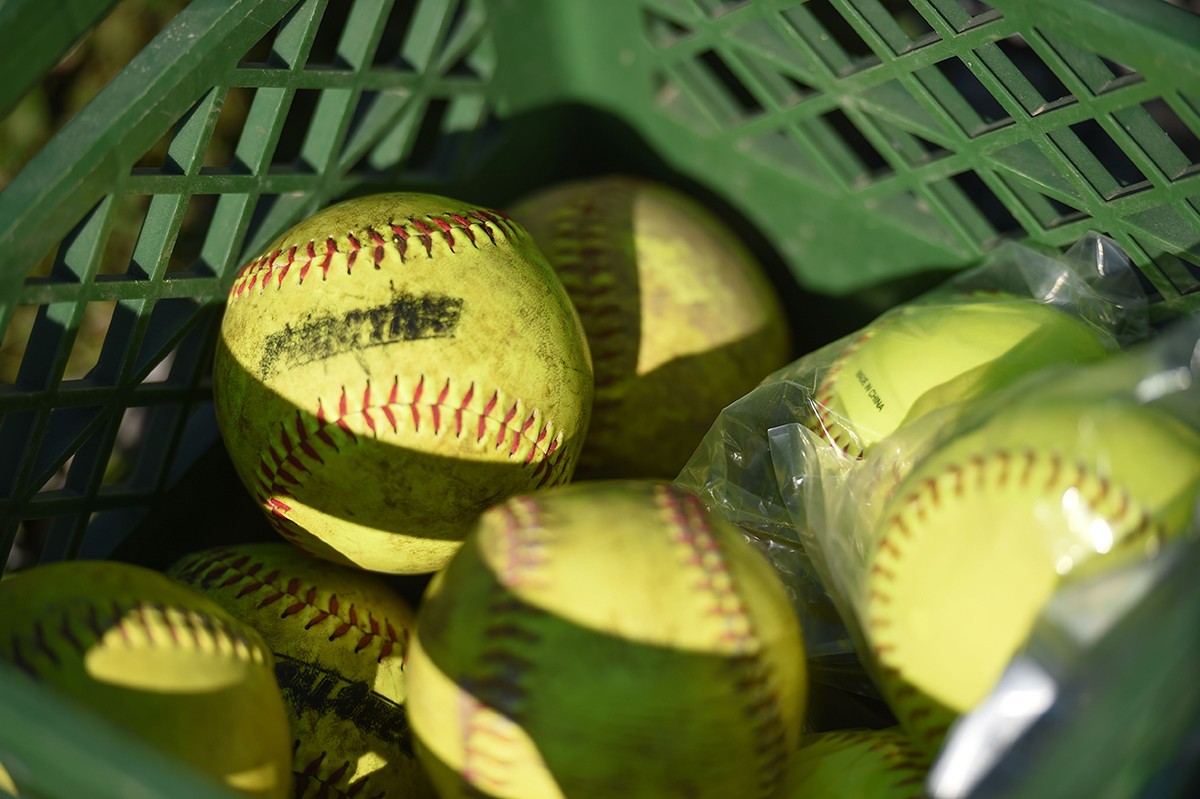As the University High softball team closed in on an eight-run lead in the third inning of a sectional matchup last week, I could feel my day at the ballpark coming to a close. As I stood close to a group of fans and parents, they began discussing just what was needed for a mercy rule to take effect in the contest.
As I clarified the rules for the folks (an eight-run lead after three innings, or a ten-run lead after five), I could hear grumbles from the gathered individuals. The main complaint – eight runs after three wasn’t enough.
Fans of the sport were concerned that such a rule could end a game prematurely when there is still hope of a rally. After all, a regulation game isn’t even halfway through its scheduled length after three innings, and fans will recount numerous occasions on which they’ve seen teams come back from larger deficits than that.
In baseball, however, much the opposite problem exists. Just the past week, I bore witness to a tough situation. The Clay-Battelle baseball team, with just nine players on the roster before a first-inning injury hampered it even further, gave up 26 runs to Notre Dame through only two innings before the game was called.
If it hadn’t been 10 p.m., rainy, and the nightcap of a tripleheader, though, the game may have stretched on for three more innings, as the only mercy rule standing for the sport in West Virginia is a 10-run lead after five innings. But is that fair for a squad down by twenty or more runs through the early innings? Or is it subjecting the losing party to what can only be characterized as cruel and unusual punishment?
The disparity in the mercy rule between the sports is certainly unsettling in itself, and whether or not the rule is applied too early or too late can be the difference between a quick, uneventful day at the ballpark and a headline-making, SportsCenter Not Top 10, life-long embarrassing performance.
If you need an example of how things can snowball out of hand this quickly, look no further than this high school baseball season in Massachusetts, where Old Rochester routed Notre Dame Cristo Rey by a jaw-dropping score of 82-0. As to whether or not a mercy rule exists in the state, I could not find the answer. The losing coach insisted on finishing the game in full, however, leaving his squad in a very undesirable position.
Personally, I advocate a universal mercy rule for softball and baseball alike in West Virginia. Once a lead reaches a certain number of runs (I personally am a fan of 10 or 12), the game is finished. I recommend that such a rule takes place following the third inning of a contest, but theoretically it could be applied after the end of the first if you truly want to save some young kids suffering.
Regardless of how our mercy rule evolves, if one listens to the fans and watches a few out-of-hand games, one thing can be ascertained with near certainty; the current West Virginia mercy rule system is broke, and someone needs to fix it.




